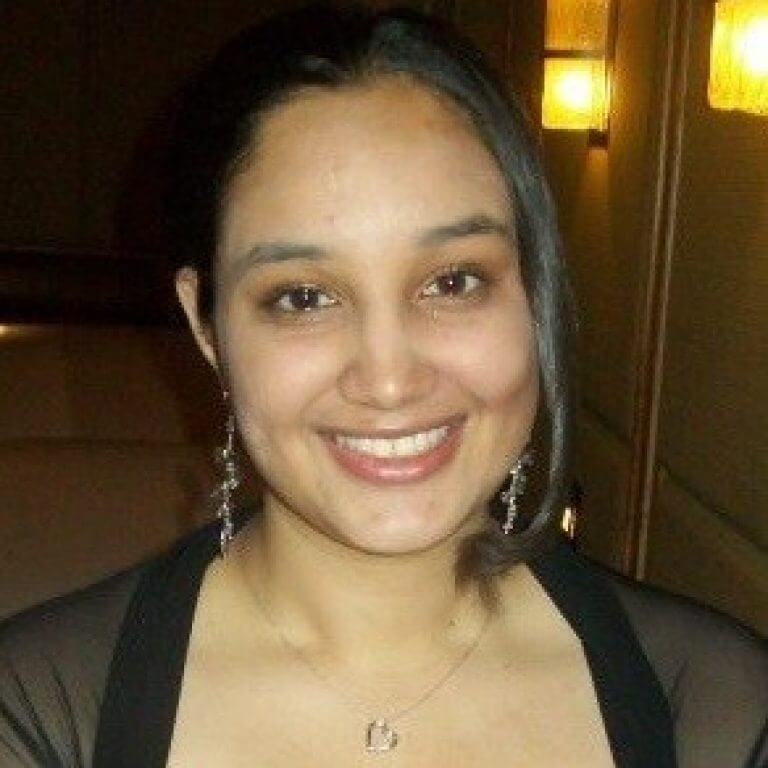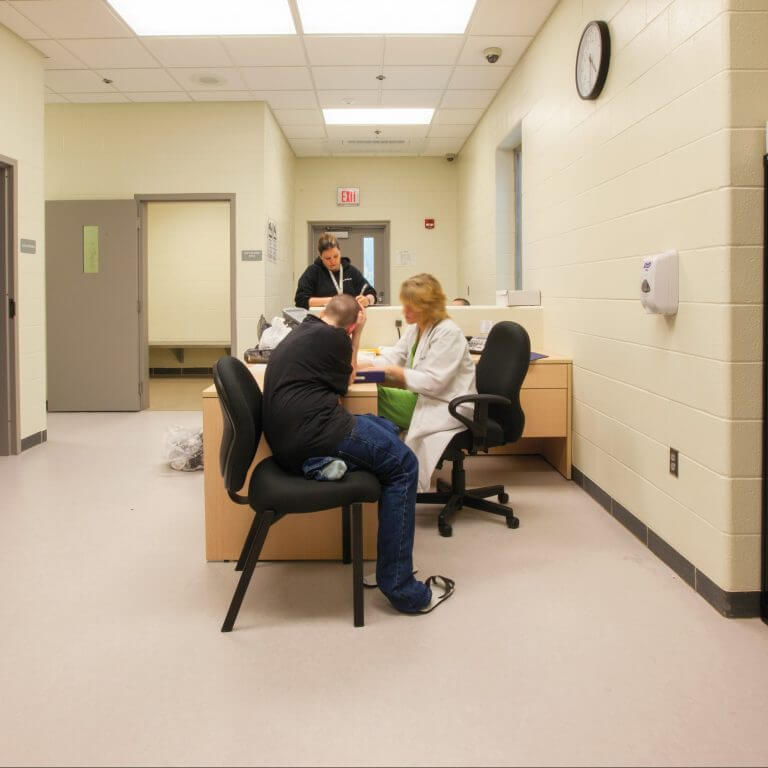The Challenge
The United States is the only country in the world that sentences children to life without the possibility of parole (LWOP), and Pennsylvania has more inmates serving these sentences than any other state. International law has played an increasing role in U.S. constitutional analyses. A growing number of Supreme Court Justices have acknowledged its importance and recognized its use by legal scholars to interpret the Constitution, particularly in the Eighth Amendment context (which prohibits cruel and unusual punishment). Nevertheless, international law principles are still not fully embedded into domestic law.
The Project
Through her Emerging Leader Fellowship, Kacey Mordecai worked with Juvenile Law Center to integrate human rights principles into JLC’s legal advocacy. To this end, Kacey examined international treaties and conventions and national laws and court decisions related to children’s rights and juvenile justice. She then developed a briefing book with chapters on (1) youth engagement and the right to counsel, (2) disproportionate minority contact, (3) conditions of confinement (including mental health and juvenile justice and family engagement with the justice system), and (4) international law and juvenile justice. The briefing book is poised to guide JLC attorneys in their legal advocacy and inform the work of other law practitioners and juvenile justice reform advocates nationally.



